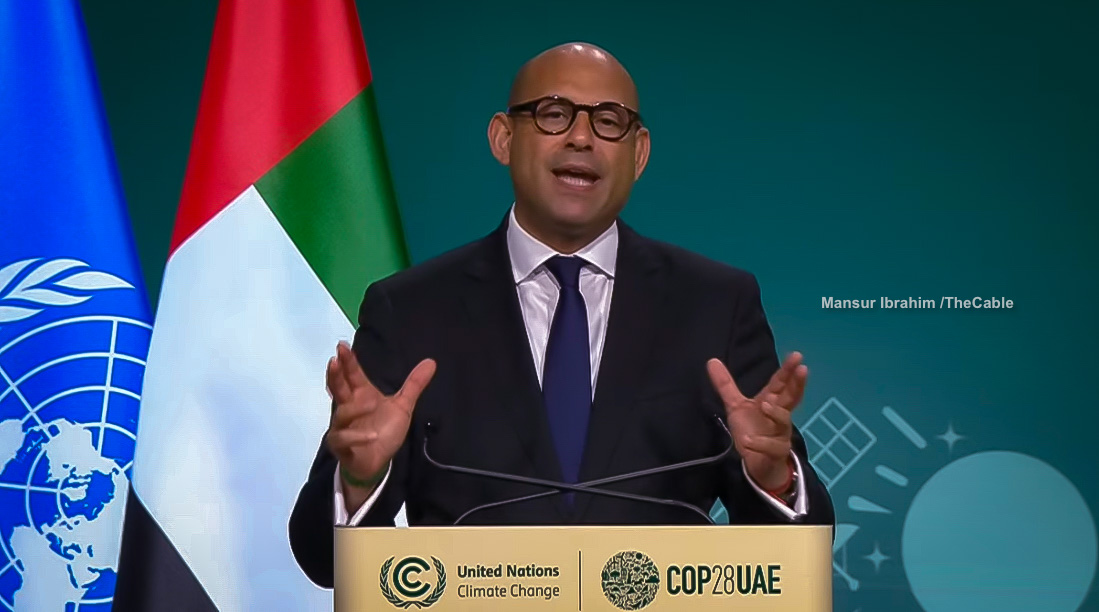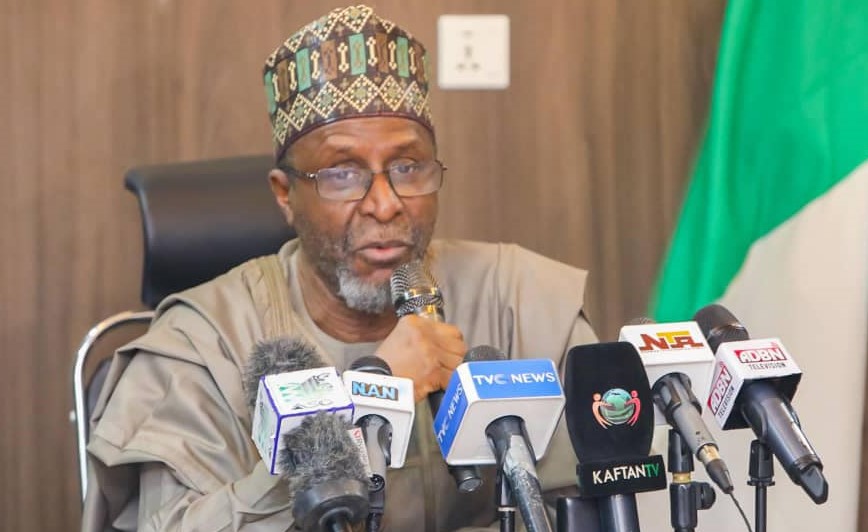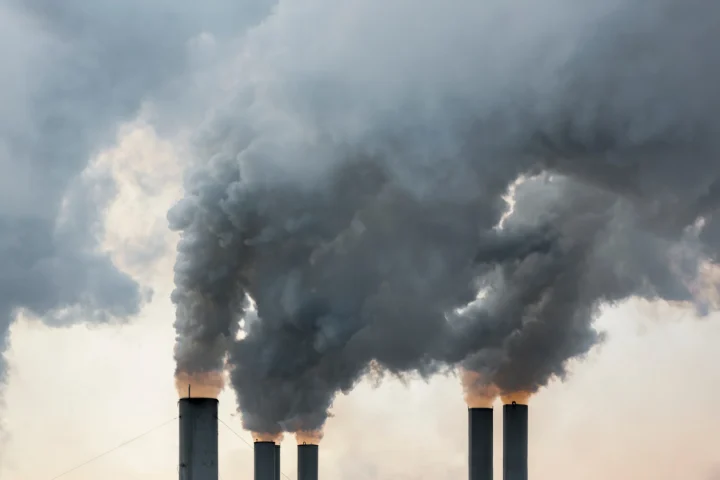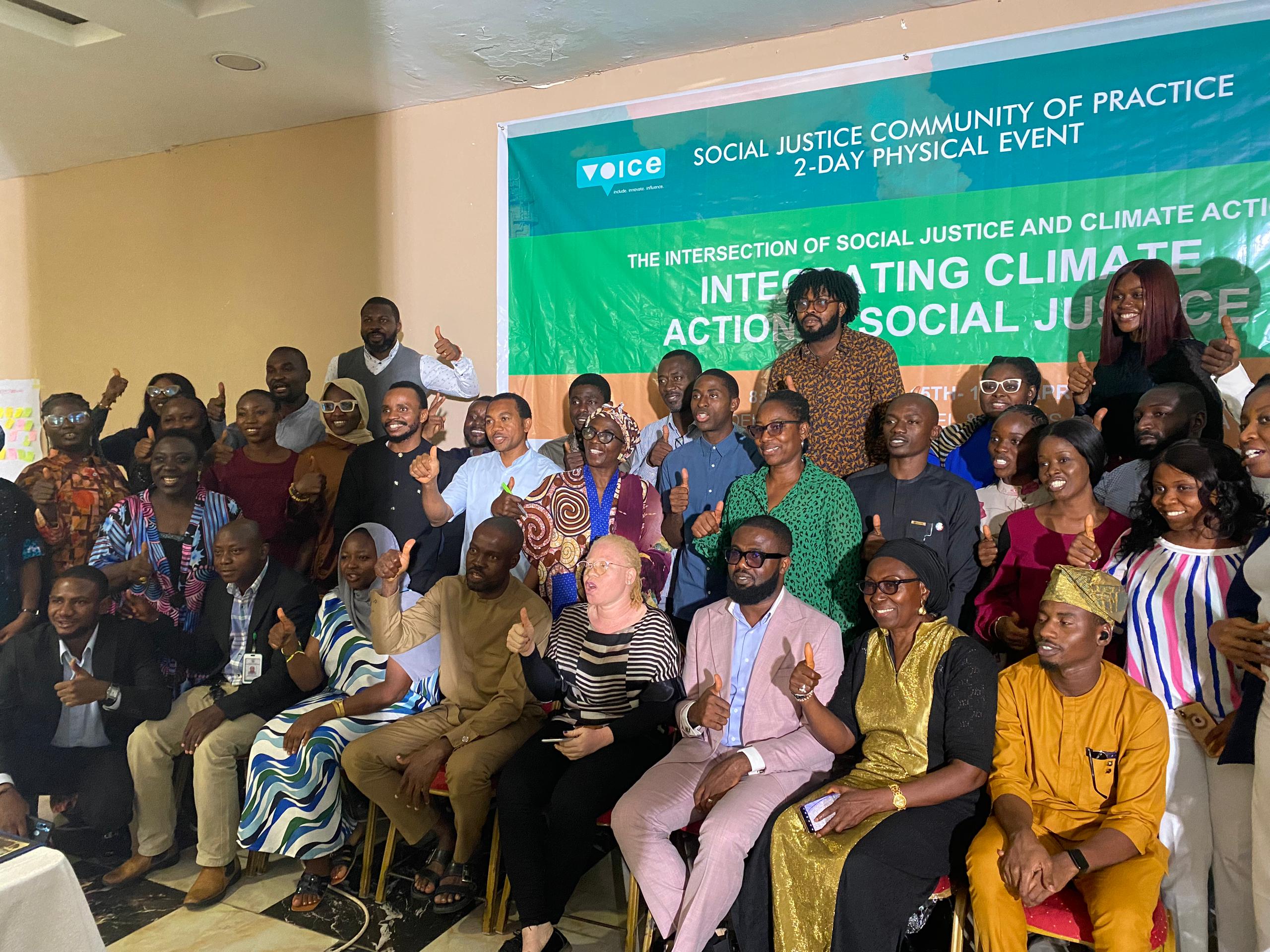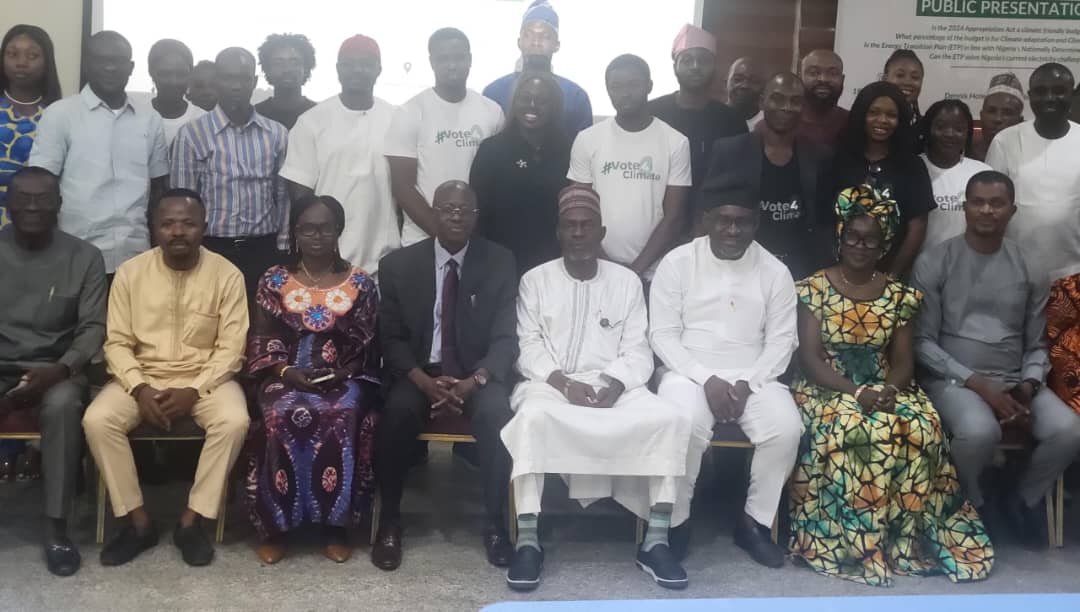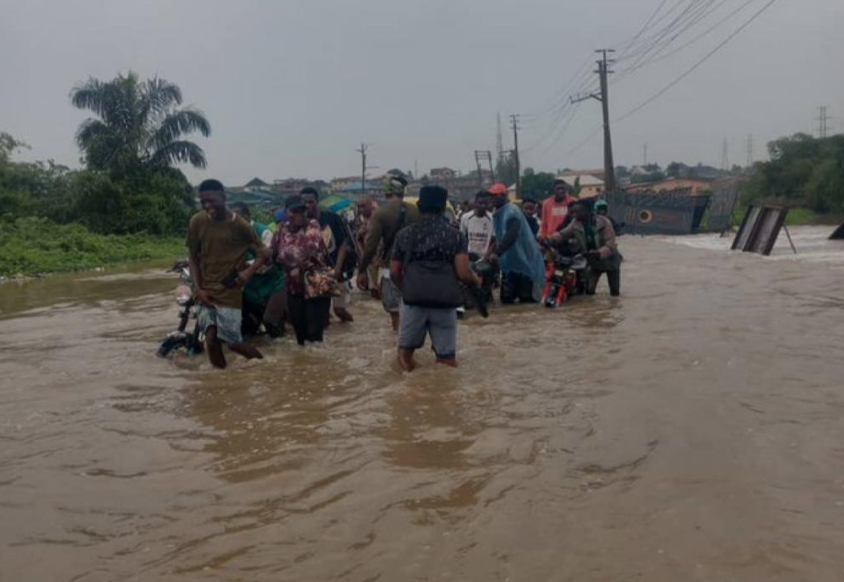Simon Stiell, the United Nations executive secretary
Despite directly impacting our communities, health, and livelihoods, climate-related reports usually take a back seat to dominant news beats like politics and business.
Climate Watch aims to ensure you never miss important stories on climate change and actions being taken toward limiting its impact.
Here is a round-up of last week’s climate stories:
- In a report published on April 9, the European Union’s Copernicus Climate Change Service (C3S) said March 2024 was the hottest March on record. The organisation said March was also the 10th consecutive month of record-breaking temperatures globally. According to the report, surface air temperature was 0.10°C higher than the previous high set in March 2016. Find out more here.
-
Last week, a group of older Swiss women won the first-ever climate case in the European court of human rights. The women, mostly in their 70s, said their age and gender made them specifically vulnerable to the effects of climate change, particularly heatwaves. They argued that they were unable to leave their homes and suffered health attacks during heatwaves in Switzerland. After the hearing, the court said Switzerland’s efforts to meet its emission reduction targets had been grossly inadequate. Read more here.
Advertisement -
Rising temperatures as a result of climate change have contributed to more frequent and intense heatwaves in recent years. These extreme weather events can cause heat-related illnesses and pose significant threats to not only human health but also livestock and crop production. Livestock, in particular, are highly susceptible to the adverse effects of heat stress during hot and humid weather conditions. However, several strategies can be implemented to manage heat stress in livestock and reduce mortality rates. Read more here.
- Gboyega Oyetola, the minister of marine and blue economy, on April 8, called for continuous investment in research, innovation and technology to tackle climate change in the country. The minister made the call at a stakeholders’ “Consultative workshop on national blue economy strategy” in Abuja. The workshop was organised by the African Union for Inter-African Bureau for Animal Resources (AU-IBAR), with funding from the Kingdom of Norway. The minister said investments in research, innovation, and technology can unlock new solutions for ocean conservation, resource efficiency as well as climate resilience. This, he said, will pave the way for a more prosperous and sustainable future. Oyetola said over-exploitation of marine resources as well as habitat destruction and pollution due to climate change can threaten the health and resilience of ocean ecosystems.
- Simon Stiell, the executive secretary of the United Nations, on April 10, said the next two years are very essential in saving the planet. Stiell said the current nationally determined contributions (NDCs) will “barely cut emissions at all” by 2030. He said emissions from the G20 nations are around 80 percent of global emissions, adding that they have a crucial role to play in climate action and finance. Stiell said it will be impossible to meet any of the sustainable development goals (SDGs) unless the world gets the climate crisis under control. “Bold new national climate plans will be a jobs jackpot and economic springboard to boost countries up that global ladder of living standards,” he said. “In the face of crop-destroying droughts, much bolder climate action to curb emissions and help farmers adapt will increase food security, and lessen hunger. “Cutting fossil fuel pollution will mean better health and huge savings for governments and households alike. “The transformative potential of bold climate action – in tandem with steps to advance gender equality – is one of the fastest ways to move away from business as usual.”
Add a comment
